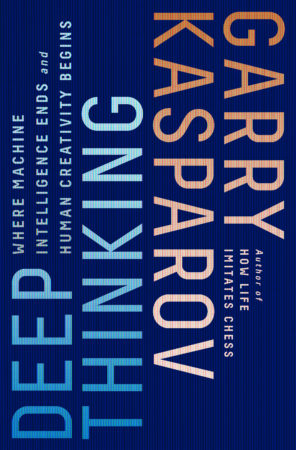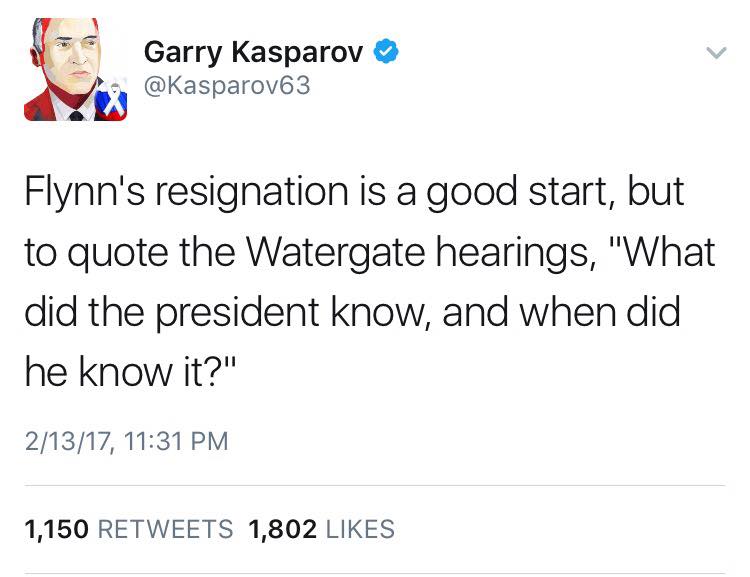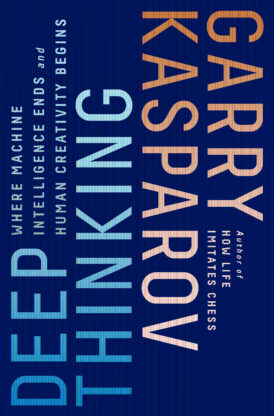Artificial intelligence doesn’t get tired or angry. It can eliminate the traps that humans may fall into, says Mr. Garry Kasparov, one of the brightest advocates of human intelligence.
READ ORIGINAL ARTICLE AT MANAGEMENT EVENTS
by Terho Puustinen
Garry Kasparov says that intelligent people will join forces with intelligent machines.
The man feels the pressure rising inside his hard-working brain. He has won many battles and suffered some losses. He assumes that he has learnt the weaknesses of his opponent and believes that he can exploit them for his benefit.
However, a combination of self-confidence and fatigue ruins his chances. World Champion Garry Kasparov loses his queen in the decisive game. There is nowhere for the king to move. The game is over.
And that was that. Artificial Intelligence beats a human at chess. Mr. Kasparov is enraged, not with the machine but with himself. He stands up without a single glance to the software engineer who was sitting opposite him.
Twenty years have passed since this historic fight, which took place in Manhattan, New York.
The development of computer processing power has exceeded all estimates. Now you can buy a super-computer for a few hundred euros and slip it into your jacket pocket. In a few seconds you can download a web app which will defeat today’s Kasparovs with ease.
The rapid development of AI (Artificial Intelligence) is disrupting the business models of industries and services. Intelligent machines challenge the highly educated workforce in the finance, healthcare, traffic and security sectors.
Garry Kasparov has taken sides. He doesn’t consider AI as an opponent to humans. He sees it as a partner.
“The future belongs to human and computer collaboration,” he says.
“Human creativity and increasingly intelligent machines come together. We will use AI more and more as a support for our own thinking and decision-making. We need to consider what kind of cognitive functions we can outsource to machines. How will we organise this co-operation to make business more efficient and create a social environment which is more productive?”
According to Mr. Kasparov, humans will benefit from AI because computers make fewer errors. He uses his own defeat in 1997 as an example.
“The problem is that humans are inconsistent. We get tired and we will make the wrong moves under significant pressure. Our psychology works against us. Computers can eliminate the mistakes that we would make. That is the reason why I am promoting the idea of co-working. We will combine our forces with intelligent machines.”
Learn More from Garry at the European Business AI and Robotics 2017 »
Industrial Revolution, Again
Garry Kimovich Kasparov became a superstar of human intelligence in 1985 when he won the Chess World Championship, beating reigning champion Anatoly Karpov. Born in Baku, Azerbaijan, at only 22 years of age he was the youngest world champion ever. Mr. Kasparov retained his number one world ranking for 225 months from 1986 until 2005, when he brought his professional career to a close.… Read More




